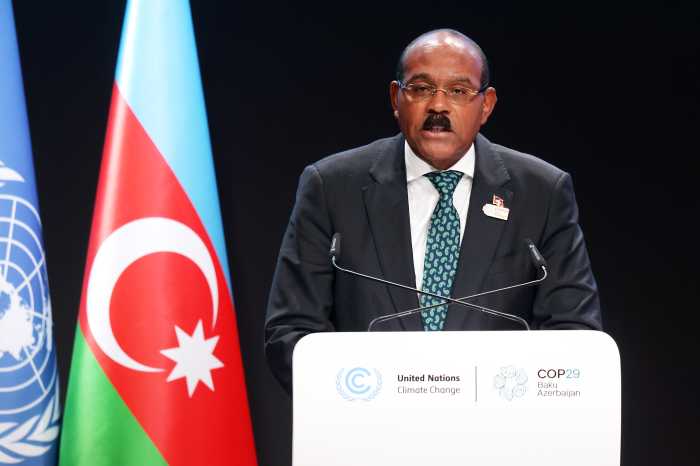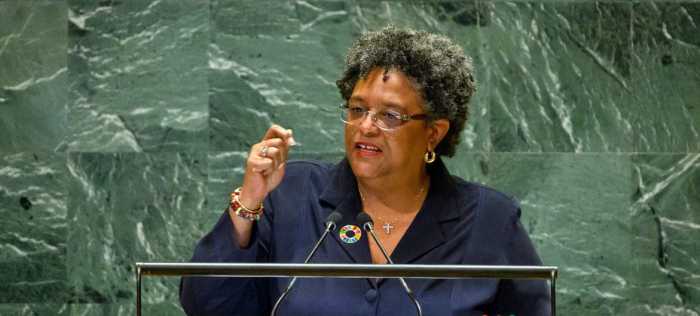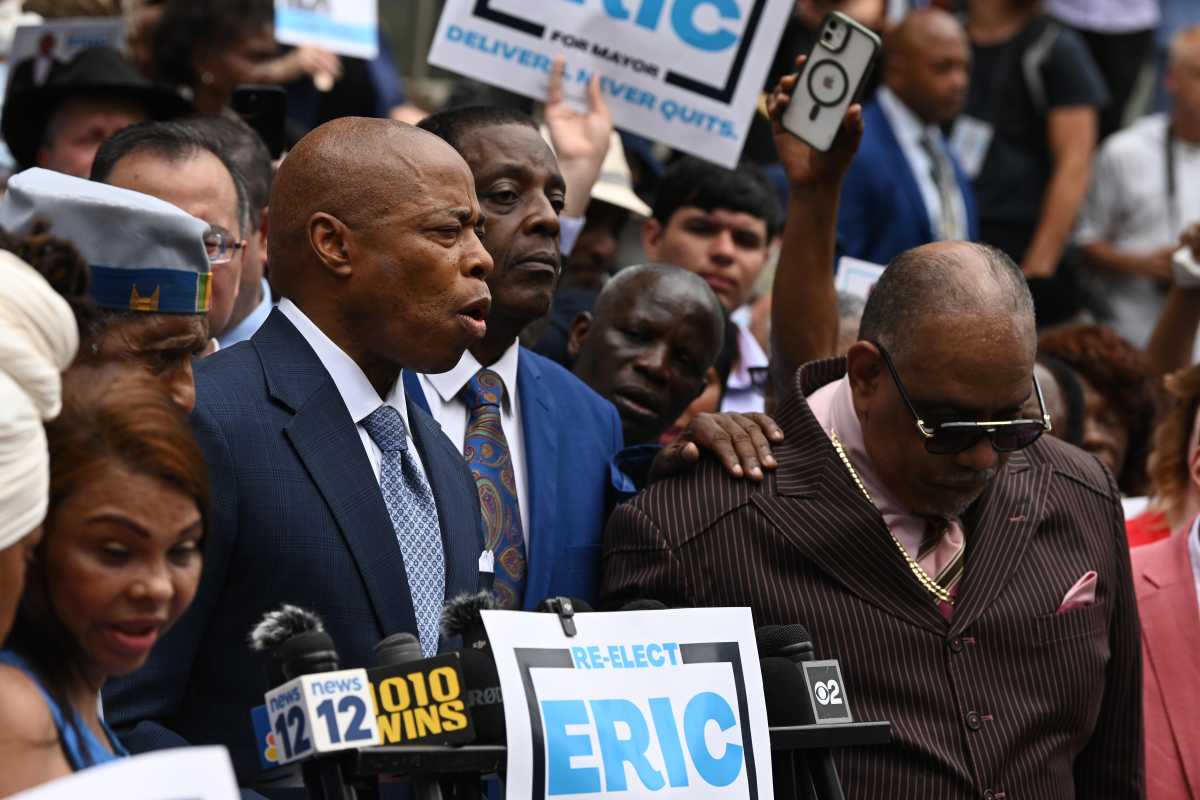Since founding Comunilife, I have worked with many New Yorkers from underserved communities – from children to seniors – and those living with HIV/AIDS or mental illness. As anyone working in healthcare today knows, one of the most significant challenges facing New York and our country as a whole is the staggering number of people who are unable to afford their prescription medications.
Drugs costs in the United States are a crippling force on our healthcare system. These costs are becoming increasingly unmanageable, particularly for our nation’s most vulnerable. Drug costs in America are expected to rise from an already stunning $300 billion in 2010 to over $450 billion in just eight years.
Pharmacy Benefit Managers (PBMs) manage drug plans for roughly 200 million Americans, and are able to stand up to drug manufacturers when individual patients cannot. According to the Government Accountability Office, PBMs reduce the average price of prescriptions by 27 percent below the average cash price consumers would pay at a retail pharmacy for brand name drugs and 53 percent below the retail price for generic drugs. PBMs simultaneously work to improve sub-standard pharmacy practices, which in 2010 cost patients and payers $23.8 billion in New York alone.
These savings are crucial to average Americans and the government during the current economic downturn. Overall, PBMs will save payers and patients nearly $2 trillion over the next decade – a 35 percent savings. PBMs are exceeding projected savings for Medicare, already on track to save close to $500 billion by 2015. These savings translate directly to U.S. job creation. Recent analyses have shown that each 1 percent reduction in prescription drug costs covers the costs of creating 20,000 new jobs.
Two companies that work to reduce drug costs, Express Scripts and Medco, currently manage pharmacy benefits for over 11 million patients here in New York. Their planned merger would be a positive step for both patients and taxpayers. Both companies have had success in the past negotiating with pharmaceutical companies.
A study recently released by Jonathan Orszag, a former member of President Clinton’s National Economic Council, asserts that the two companies save employers, the federal government, labor unions, and consumers between $51 billion to $87 billion annually. The study, working from Congressional Budget Office data, concludes that the merger will accelerate those savings, leading to reduced drug costs.
Non-adherence to prescribed medications accounts for nearly 20 percent of all hospitalizations — almost 125,000 deaths each year, and billions of dollars of unnecessary treatment. I witness the devastating consequences when people cannot afford to correctly take their medications. The chance to save lives and improve the quality of care, all while saving billions of dollars, is worth pursuing.
Congress and the Federal Trade Commission should embrace the merger between Express Scripts and Medco.
Dr. Gil is the president/CEO and Founder of Comunilife, Inc. She is the former chairperson of the New York City Health and Hospital Corporation and has also served as executive director of Woodhull Medical Center and Metropolitan Hospital.

























